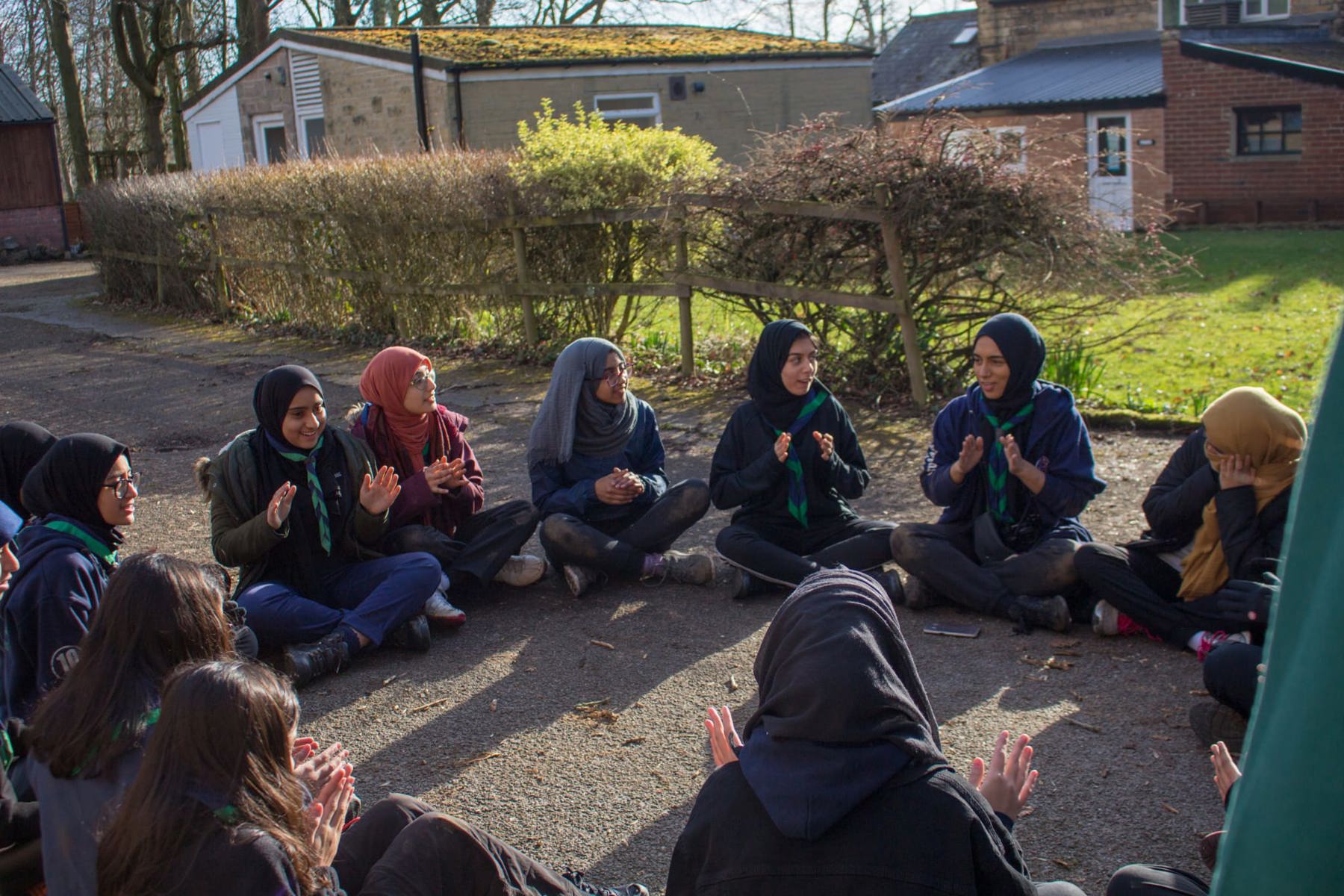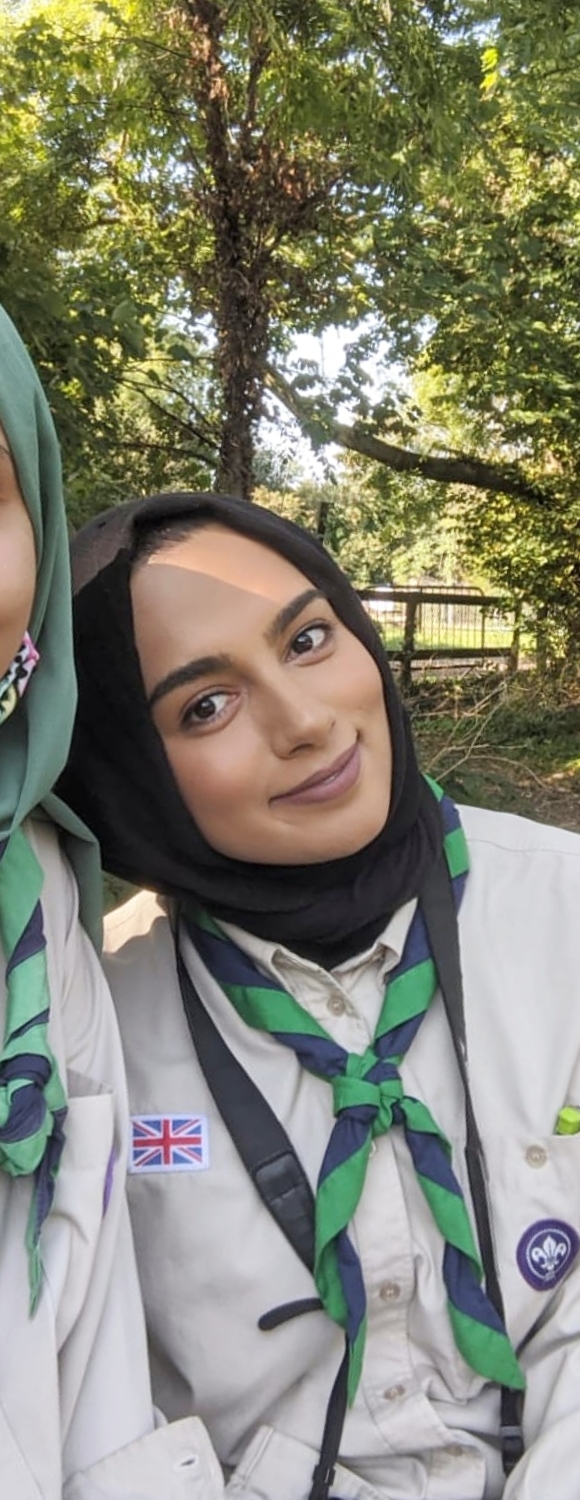How you can (and why you should) fight Islamophobia

Islamophobia. A word you’ve most likely heard. But do you know what it means?
Islamophobia can be defined as ‘an exaggerated, irrational fear, hatred and hostility towards Islam and Muslims perpetuated by negative stereotypes resulting in bias, discrimination and marginalisation of Muslims from civic, social and political life.’
To me, as a visibly Muslim woman, Islamophobia means making sure I’m not standing too close to the yellow line at the train station because the fear of harm from someone is a visceral one.
It means being held responsible for the actions of people I’ve never heard of or met, or being made to feel like I have to apologise for them, solely because these people claim to share my faith. It means being treated like a second class citizen in a country that both myself and my mother were born in, the only country I have ever known as home.
It means being ‘randomly selected’ for a search every time I walk through airport security. It means that individuals, including children, who look like me, dress like me or have names like me are subjected to discriminatory and harmful government led policies such as ‘Prevent’ which presupposes terrorism and extremism in Muslim people.
It means being stripped of my autonomy, humanity and individuality. From the colour of my skin, to my name, to the way I dress, the food I eat and my commitment to offer five daily prayers to the God that I worship – all things that actually only really affect me, yet I’m judged for and subject to varying degrees of aggression for, every day.
Just like racism, anti-Semitism and xenophobia, Islamophobia has no place in society. Organisations like Scouts, which pride themselves on being ‘inclusive, values based movements’, have a crucial role to play in helping to stamp out all forms of intolerance and this has to include religious intolerance. The work we do with young people and leaders alike is an opportunity to not just help inform and shape the leaders of the future but to also build a society built on mutual trust, respect and dignity for all.
I was invested as a Scout at the age of 10, and again at 21. Both times, I made a promise to ‘keep the Scout Law’. Although the concept of a Scout Law was new to me, what it consisted of was not. The Scout values of integrity, care, respect, belief and co-operation were all things I’d been taught from a young age as a Muslim. It comes as no surprise to me that globally 60% of Scouts are Muslim and that Scouting within the Muslim community in the UK has grown exponentially over the past decade, making us one of the largest minority groups in Scouts.
Having more Muslims take up Scouting – while a great thing in making sure more young people are accessing opportunities they wouldn’t necessarily otherwise have – also means more people experiencing microaggressions and discrimination. That can be in the form of prejudicial comments made about our groups, concern and reluctance over adjusting Scouts to make it accessible, or enhanced scrutiny over our planned activities, making us feel like we have to prove we’re not ‘up to no good’.
Of course, some of these experiences come from a place of ignorance rather than prejudice. But we’re living in times where to claim ignorance is both a privilege and a choice, one that I and many others like me don’t have.
Despite this daily struggle, I remain hopeful that we can dismantle Islamophobia by simply talking to one another, getting to know each other, and breaking down barriers. I want you to ask yourself, how many Muslims do you actually know?
Have you had a negative encounter with one individual who happens to be Muslim, and have you consequently allowed that negative interaction to bolster up a stereotype that the media have created? Do you now judge 1.8 billion people based off of the actions of this person?
Does your belief in the freedom to choose what you want to wear exclude Muslim women’s freedom to cover up? Are you aware that Muslims aren’t a monolithic group and that we have different ethnicities, languages, cultures and ideologies?
November marks Islamophobia Awareness Month and Scouts is taking part. IAM is an opportunity to learn the many ways that the Muslim community in the UK are impacted by Islamophobia, the intersectionality of, and the multiple degrees of intolerance that this often comes with from being a person of colour (racism), a person of faith (Islamophobia) and a person of a certain gender (sexism) and how to be a true ally in the fight against every form of discrimination.
This November, I ask that as a fellow Scout, you live our values of respect and co-operation by reaching out to local Muslim Scouts and Scout groups, listening to their lived experiences of what it’s like to be a Muslim in the UK as well as being a Muslim within Scouting, and unlearning the stereotypes that are so deeply ingrained in society. Give us the chance to show you that we have a lot more in common than you think.
For information and resources regarding Islamophobia Awareness Month, visit Islamophobia Awareness Month.
Scouts have lots of guidance about including everyone and activities to explore different faiths. Perhaps you could invite in a faith leader and connect with different community groups?
